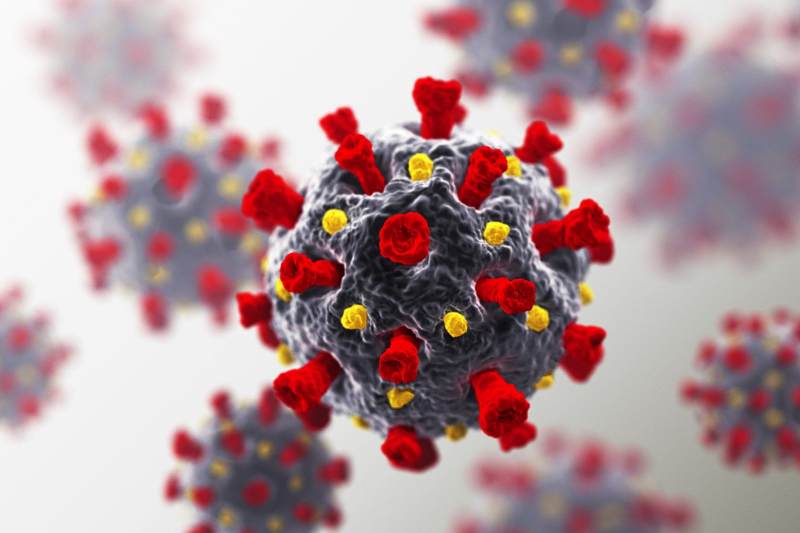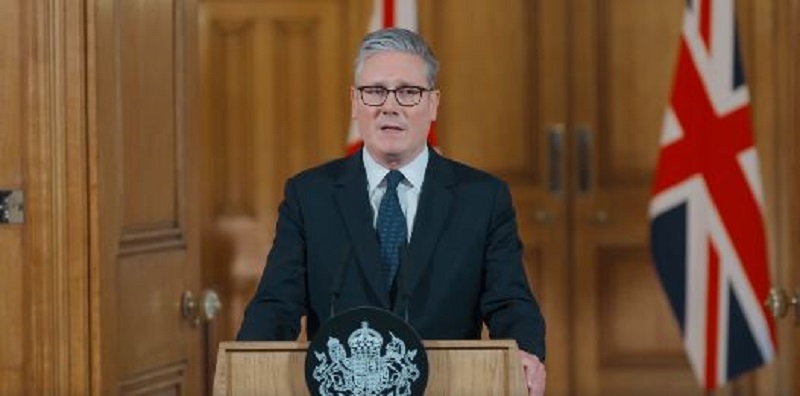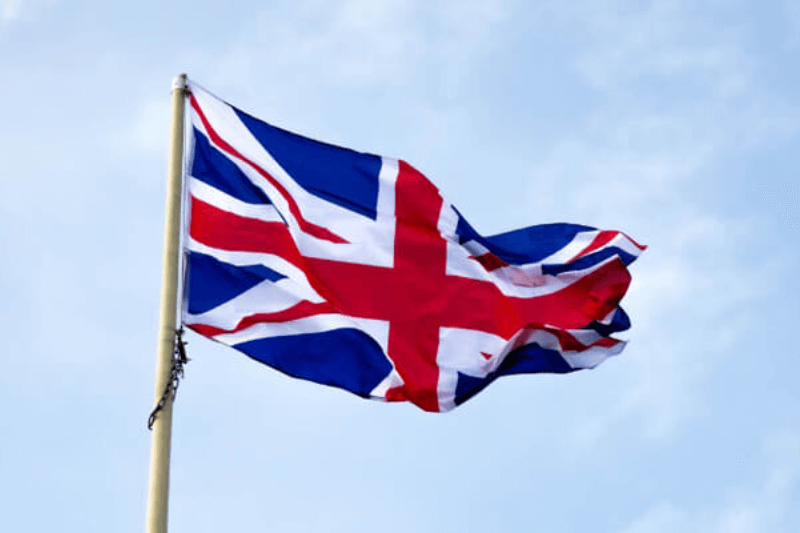
Virus Mutations Explained: What do we know about the UK coronavirus variant strain & what is still unknown
Last updated on December 24th, 2020 at 04:47 am
UK Coronavirus Variant Strain: Body of the Article Just as the countries were beginning the vaccination drive against Covid-19 giving a beaming hope, a coronavirus variant has emerged in the United Kingdom. The recent surge in cases in Britain indicates the high contagious nature of this new strain leading to cutting off of the country with various European nations and those across the world. The world is going back into panic mode and more stringent lockdowns as we enter the holiday season. But what actually is mutation and what does it mean? What are its whereabouts? Let us first understand the basics.
What do we know about the UK Coronavirus variant?
The coronavirus variant in UK is not a “new” in the sense that it did not emerge just last week. The variant cases have been known since September. The cause of concern is that this variant has increasingly become the dominant variant of cases, constituting over 60% of cases in the UK. The “variant” means that there has been change in the structure of the virus, which characteristically is a property of virus. This doesn’t necessarily mean that this variant of virus is the reason for its increased transmissibility. Furthermore, there is no evidence of this variant being more dangerous. However, the UK government’s New and Emerging Respiratory Virus Threats Advisory Group does state that there is indication that “this variant demonstrates a substantial increase in transmissibility compared to other variants.”
England’s Chief Medical Officer, Chris Whitty said that this variant “contains 23 different changes.” The fact that there is a mutation in the “spike protein” of the virus capsule – the part through which it penetrates the host cell – can be an explanation of the “supposed” increased transmissibility.
What is Mutation?
Mutation is any alteration in the genomic sequencing of genetic material. It is essential to understand that this variation in genetic sequencing is the reason of many syndromes like Down’s Syndrome.
When we talk about a virus, mutation comes as its characteristic property. Viruses constantly change their structure and its components. This is the very reason that a “Flu Shot” needs to be given every year. The ‘flu virus’ ‘mutates’ constantly and rapidly and then body’s immune system is not able to recognize this new virus. This means that last year’s antibodies might not be effective for this virus, hence need of a new flu vaccine every year.
The genetic material of virus is RNA (Ribonucleic Acid), which is single stranded. This means that it can mutate even more rapidly as opposed to a DNA (Deoxy-Ribonucleic Acid).
The coronavirus variant is being called VUI-202012/01, the first “Variant Under Investigation” in UK in December 2020. The mutation is in its spike protein, the part over its capsule through which it penetrates the host cell. This “might be” responsible for its increased transmissibility, but doesn’t necessarily mean that this variant will be more powerful. In fact, with increased contagious nature of virus there tends to be a decrease in its potency.
With this comes an important thing to understand – every mutation isn’t bad. So far, we don’t know the real behavior of this variant. For all, the said mutation can lead to a favorable change like reduced potency leading to drop in mortality rate. There is no urgency to panic but it’s essential to continue with regular protocols like mask wearing and physical distancing citing the high contagious nature of this variant.
Will the current vaccines against Covid-19 be effective on this variant?
With the current knowledge of the variant, available vaccines must work against it. It has been confirmed by Whitty and US Operation Warp Speed head. The vaccines have been developed keeping in mind multiple parts of the virus and a single spike protein mutation must not impact the efficacy of vaccines.
US’s top infectious disease expert, Dr. Anthony Fauci has advised travel restrictions to the UK. He stressed that US must “keep an eye on it. But we don’t want to overreact.”




